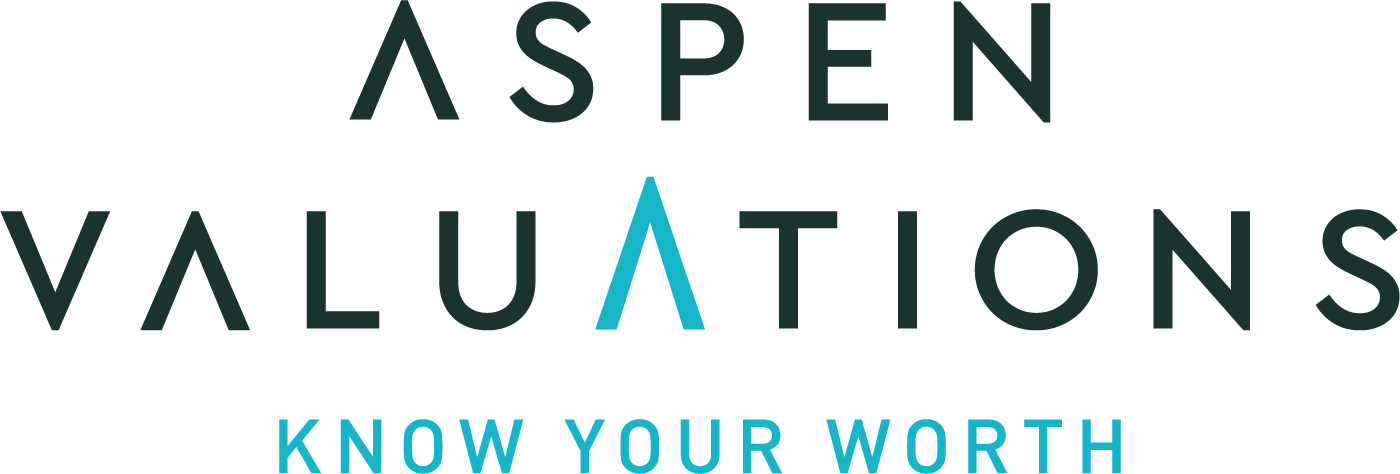Accurate Business Valuation Helps Maximizing Selling Price
Embarking on the journey of selling a business is often accompanied by a mix of stress and sentimentality, especially for owners at the cusp of their exit strategy. A professionally conducted independent business valuation not only equips sellers with realistic expectations for their company’s market price but also arms them with robust data to support their position during potentially intense M&A discussions.
Understanding Value Drivers and Market Timing
Such valuations delve into the heart of what constitutes the company’s worth—factors like consistent cash flow, growth trajectories, and minimized risks. These insights can guide owners in deciding the optimal time to sell, whether immediately or after further growth. Additionally, the perception of risk, which can significantly vary among individuals, plays a crucial role in negotiations and is a critical component of the valuation process.
Navigating Buyer Perspectives and Enhancing Negotiation Stance
The type of buyer—be it internal, like key employees, or external, such as competitors or private equity investors—can greatly influence the interpretation of a business valuation. Internal buyers, familiar with the company’s intricacies, may negotiate discounts, whereas external buyers might pay a premium for strategic assets like customer bases and proprietary processes.
Incorporating Historical Operating Results for Strategic Advantage
Savvy sellers approach negotiations not just with a current valuation but also with historical benchmarks that highlight business improvements and value augmentation over time. A consistent growth in revenue, profit, profit margins is a strong negotiating point for a higher valuation. Potential buyers are also interested in the growth and improvement of customer base and retention rates over the years. This provides the assurance that the company will continue this trend after the purchase.
Employing Recognized Valuation Methods for Credibility
Ensuring that a business is appraised using accepted methodologies is critical for all parties involved:
- Income Approach: Centers on financial profitability indicators such as income statements and cash flows.
- Market Approach: Draws on comparative data from similar business sales or public market information.
- Asset Approach: Relevant when the company’s tangible assets exceed the operational business value reflected by earnings.
Strategizing with Timing and Expertise for M&A Success
Proper timing is a decisive factor in M&A success. Sellers should set market-informed expectations, assemble a team of expert advisors, and become conversant with valuation techniques.
For those contemplating a business exit in the medium term, initiating a valuation conversation with specialists can pave the way for a more informed and profitable sale.
Schedule a Free Consultation with our valuation experts today to assist you with this critical step in selling your business.
